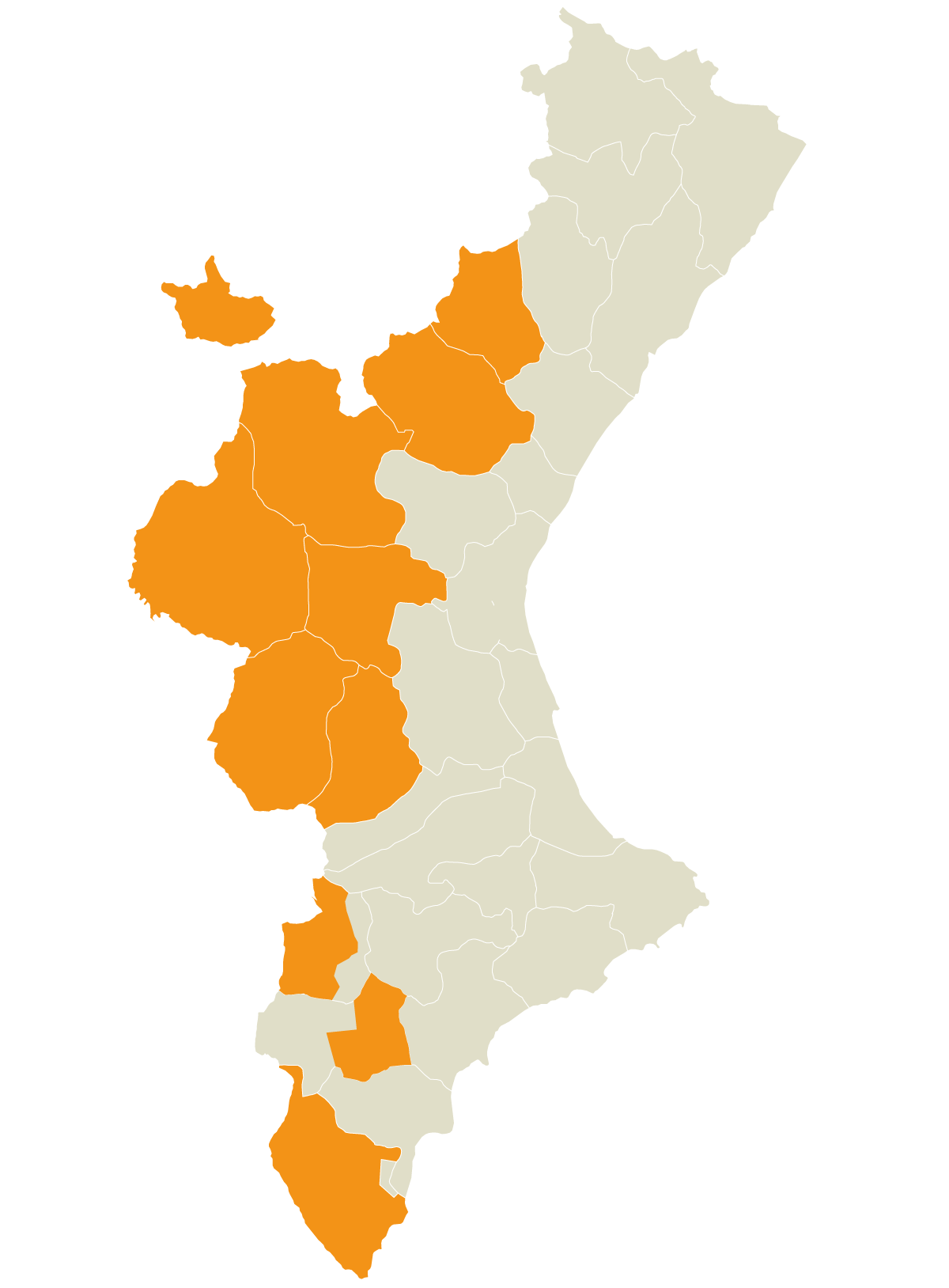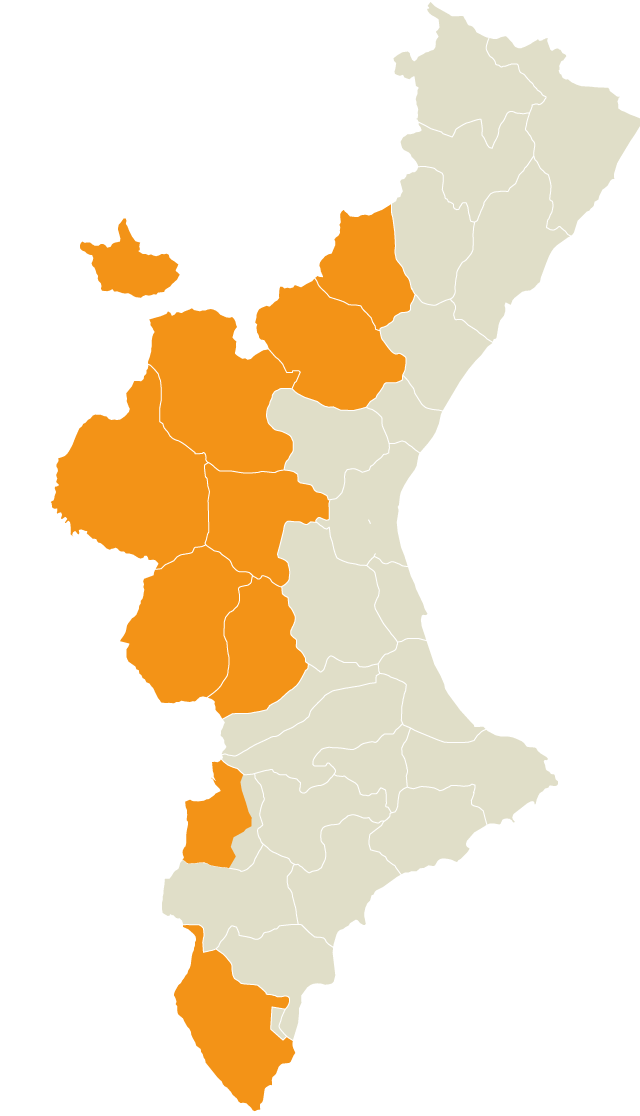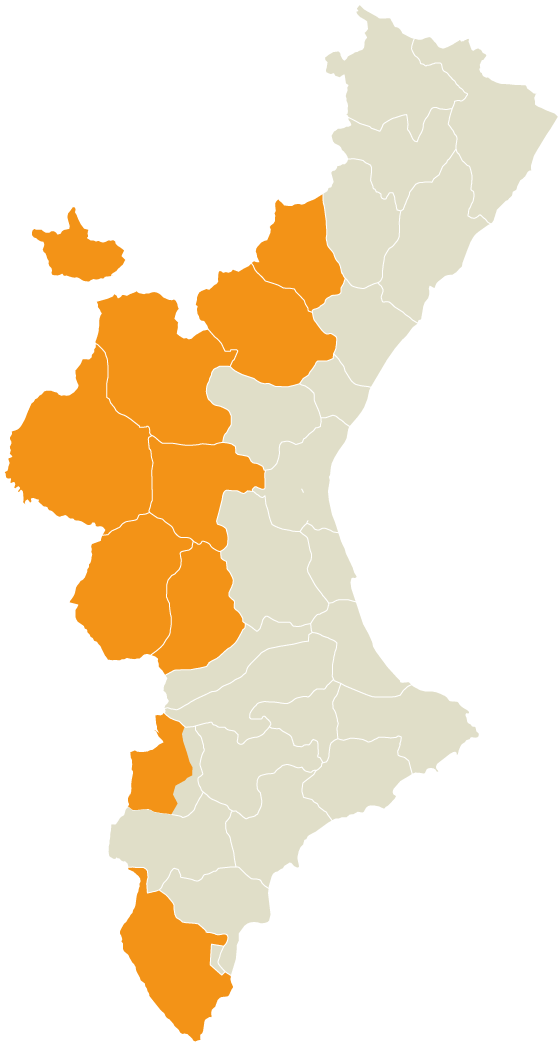"With the consultation on language in classrooms, Mazón wants to marginalize Valencian"
For a week, families will have to choose the language of instruction for their children, an initiative criticized by parents, teachers and activists

ValenciaA further weakening of teaching in Catalan, which will add to the decline in its social use. This is the consequence of what many citizens fear about the consultation on the vehicular language in the classrooms that begins this Tuesday in the Valencian Community and will close on March 4. The initiative has been promoted by the PP and Vox, who argue that the vote will give "freedom" to families and will ensure that the language "is no longer imposed." Arguments that have not convinced the majority of associations of parents, teachers and activists. "They disguise what is a persecution as freedom. What they intend is a linguistic genocide," warns the president of Escola Valenciana, Alexandra Usó.
Families in public and private schools will have to choose the majority vehicular language in the classrooms from the next academic year. However, there are differences. In most of the Valencian Community, in early childhood, the chosen language (Catalan or Spanish) may reach a maximum of 65% of the teaching time, with a minimum of 25% for the other co-official language and 10% for English. In the case of primary, secondary and high school, English will occupy between 15% and 25%. In these three stages, the difference in vehicular use between Valencian and Spanish must exceed 20% and no language may be used for less than 25%.
On the contrary, in eight regionsWhere Catalan has historically had little presence, the voluntary nature of the study of the subject of Valencian is maintained and the vehicular use of 25% of Catalan in force since 2018 is eliminated. It will only be introduced if there is a "sufficient" demand, a circumstance that the entities that promote the use of the language. In the infant stage, Valencian and English will occupy 10% of the time, while in primary, secondary and high school Catalan will be optional. On the contrary, English will occupy between 15% and 25%.
As expected, the consultation has raised a great mobilization against the participation of numerous school councils and town councils. However, the most forceful have been the unions, family associations and cultural entities that have tried to stop it with legal appeals, the last one resolved negatively on Tuesday. This has led them to finally resign themselves to its celebration and have called for Valencian to be chosen as the majority language. Entities, professionals and parents defend that it is the only option that can guarantee competence in both languages.
"University studies indicate that with less than 50% use of a minority language, competence cannot be achieved," emphasizes Usó. For this reason, he believes that the reform does not have a pedagogical criterion. "Mazón and Rovira [Education Minister] want to corner Valencian, because if the objective were equality they would help the minority language," he insists. Anna Oliver, president of Cultural Action of the Valencian Country, agrees, stating that the vote is intended to stop "the entire generation that, thanks to teaching in Valencian, uses the language and gives it prestige." "They are the most prepared and mobilized segment of the population, which bothers the PP and Vox," she points out. Like Alexandra Usó, Oliver also sees a hidden objective. "They want complete assimilation into Castilian and in Spain and to cut the ties that unite us with the rest of the Catalan-speaking territories," she summarises.
"Here you feel more like we speak Spanish"
The people who best know the debate about the language are those who live in areas where Castilian is the majority language. This is the case of Eloïsa López Labrador, a member of the association of families of the Hoya de Petrer school. The teacher is also "disappointed" by the "little impact" in the Vinalopó Mitjà region of the campaign promoted by the Familias por el Valenciano platform. "Here the opposing movement, Hablamos Español, is stronger," she admits.
López Labrador details some of the arguments she feels: "There are families of people who have just arrived who believe that if their children study in Valencian they will have more difficulties helping them with their homework. They also say that in reality Valencian is not so important and that more English would be necessary." Finally, she points out a contradiction: she is also a Catalan teacher for adults at the university and explains how the students, many of them doctors, complain about not having learned it when they were young. "But at school some parents tell me that it's not that bad. That maybe when they grow up their children won't work for the administration," she laments.
Linguistic substitution is also advancing in regions that until now were sanctuaries of Valencian such as Comtat. This is confirmed by Rebeca Sanjuán, a kindergarten teacher in the small municipality of Benilloba. "Even here the children in the playground already speak in Castilian," warns. The diagnosis is confirmed by Gabriel Cloquell, a resident of Beniarrés, also in Comtat, and father of two children. "PP and Vox have reopened a wound that was already closed," he points out. He also calls for not having false hopes. "If they have called the consultation it is because they think they are going to win." Further north, from Carcaixent, Anna Oliver asks not to be defeatist. She recognizes that, thanks to the mobilization, Valencian will prevail in many places. "In others, of course, Castilian will win. But the fight does not end here. With a new political scenario, it is a law that must be repealed," he concludes.



